"We Do Not Blame Them for the Sins Committed By Their Ancestors”
by Katharina von Kellenbach
These sculptures by Paula Mary Turnbull, SNJM, reimagine Ecclesia and Synagoga, depicting them as partners.
For a brief moment, the story of Jewish–Christian relations after the Holocaust could be represented as a story of successful repentance and reconciliation. Christian churches across all denominations and nations “woke” to the horror of the murder of the six million, issued statements to repudiate antisemitism, and committed to theological reform. In the decades since World War II, church declarations renounced the deicide charge, wrestled with supersessionism, and disavowed Christian triumphalism. Dabru Emet responded to these developments and acknowledged the churches’ “statements of remorse” and issued a Jewish “thoughtful response” that recognized the “efforts of Christians to honor Judaism.” Dabru Emet affirms: “We applaud those Christians who reject the teaching of contempt, and we do not blame them for the sins committed by their ancestors.” This follows the teachings of teshuvah that holds out forgiveness to the one who repents, demonstrates contrition, is able to confess truthfully, is willing to make amends, and determines not to repeat the offense. Such forgiveness, argued Hannah Arendt, anchors the openness of the future and makes new beginnings possible.
Twenty years after Dabru Emet, the future looks much less rosy and open to change. The year 2020 will be remembered as the year when multiple factors converged to unleash a torrent of racist, antisemitic, and misogynist violence in word and deed. Social media, digital globalization, the pandemic, and political radicalization accelerated the fires of conspiracy myths and loosened the restraints on violent extremism and lurid falsehood. Against this scandalous and sensationalist onslaught, the rationality of Jewish–Christian dialogue and the civility of crafted theological statements appear pale and powerless. The traditional gatekeepers of faith and knowledge, doctrine and science struggle to be heard above the daily din of scandal and outrage. As members of the “cultural elite,” religious leaders and scholars of religion are themselves met with suspicion. It is becoming harder even for congregational clergy to reach congregants who follow QAnon with their shocking conspiracy myths of a pedophile cabal that requires the blood of innocent children to maintain power and immunity. The past is suddenly turning into the future, as the blood libel rises again from the shadows.
“Nazism was not the inevitable outcome of Christianity,” asserts Dabru Emet optimistically. But National Socialism was more than an accident of German Christian history, and so is the current conflagration of White Evangelical Protestantism into conspiratorial Trumpism. At the heart of the hatred of Jews pulses a Christian piety that identifies with the Innocent Son (imitatio Christi) who is forever sacrificed at the hands of a powerful Jewish elite. Bonding in faith to the Eternal Victim on the cross undermines any sense of Christian power and privilege. United in faith with the Sacrificial Lamb, believers become blind to culpable histories of triumphalism, persecution, and colonialist conquest. In faithful unity with Jesus Christ, the Christian faithful nurture dangerous feelings of powerlessness, innocence, and desires for a Savior.
A spirituality that cultivates experiences of victimization also fosters a sense of entitlement to self-defense. Nazism saw itself as a defensive move to protect a powerless and innocent German Volk against the manipulations of a Jewish world conspiracy. It is this plot line that once again attracts followers among secularized and active Christians who feel disrespected, disenfranchised, and oppressed. The fight against antisemitism, alas, is far from over. Fearing their “replacement” and irrelevance, White Christians—usually openly patriarchal—seek a savior who will vindicate and protect their privileges. These strongmen were, back in 1933 and today in 2020, unworthy clowns. But they come prepared to use any means necessary to gain and maintain power.
In repentance, power is not the goal but the starting point. Guilt presupposes power and agency. Only adults can become guilty and repent. Children are innocent because they are not responsible agents who can be held accountable. To become a confessing Christian means to step into a mature religious tradition with a history that is both sublime in its wisdom and beauty and troubled by its depraved corruptions. To be a Christian in the twenty-first century means to take responsibility for this history. The Church is no longer the persecuted minority of the Roman Empire in the first century. But enshrined in our sacred scriptures are polemics that denounce “the Jews” and Pharisees as powerful elites scheming to entrap an innocent man. These denunciations and distorted depictions, while understandable in their historical context, are no longer tolerable. We cannot return to the innocence and purity of Christian beginnings because they, too, have been touched by history.
Our spiritual lineage traces through the Man on the Cross, but also through the Roman officer who followed orders and facilitated his crucifixion, along with the crucifixion of other Jews. In repentance, we claim culpable histories of power and privilege and cultivate responsibility. We do not need to be released from the sins of our ancestors: It is through their flaws and failures that we generate the necessary transformations that make a different future and new relationships possible.
Katharina von Kellenbach, Ph.D., is Professor of Religious Studies at St. Mary’s College of Maryland. Her areas of expertise include Holocaust Studies, Jewish–Christian relations, feminist theology, and interreligious dialogue.

